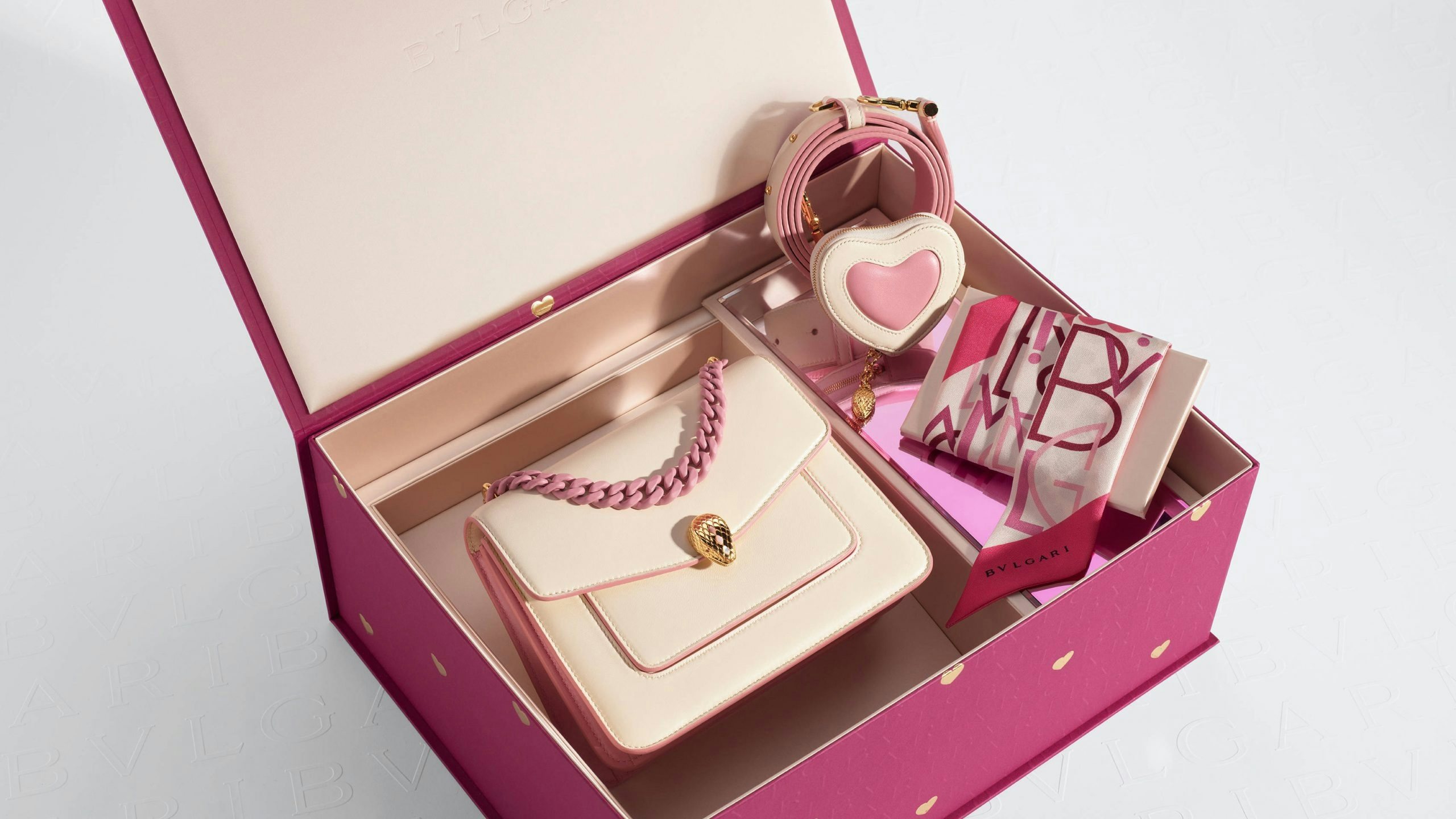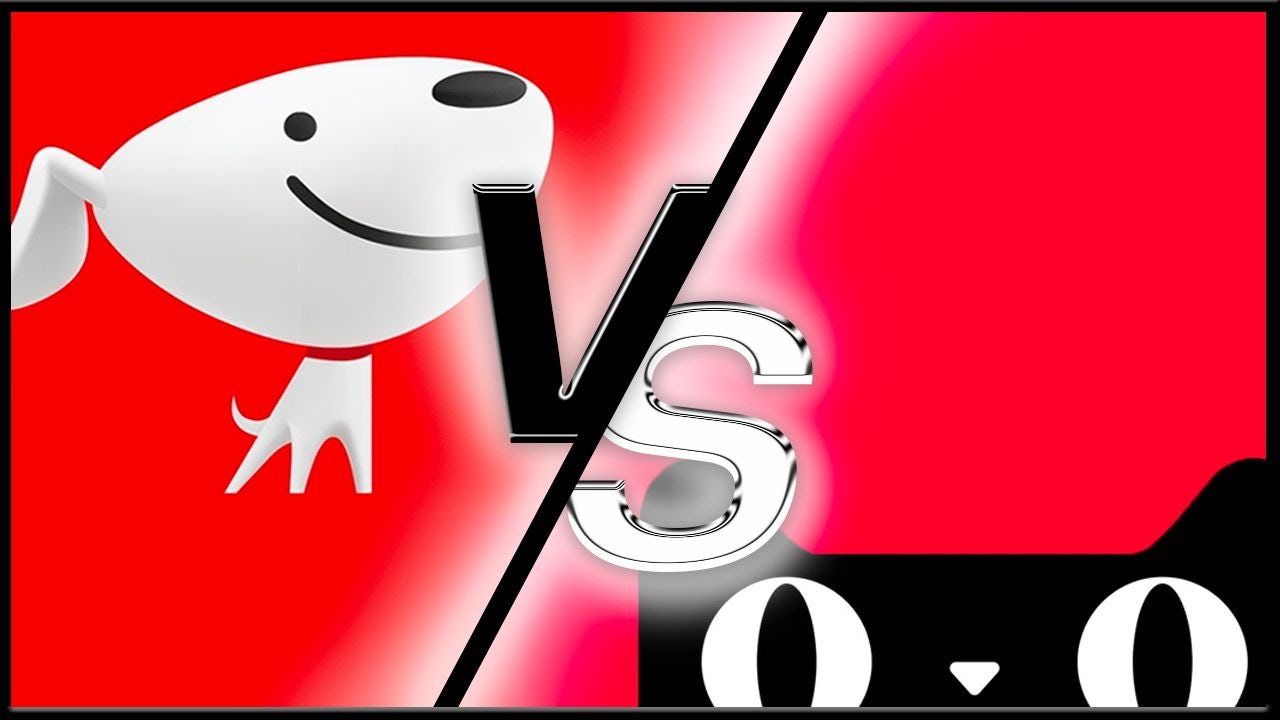Key Takeaways:#
Even though the Double Eleven shopping festival and 618 shopping day ignite Chinese shopping frenzies, luxury brands have suffered from them due to being stuck in an “either-or” platform dilemma.
For brands that want to take advantage of China’s digital selling channels, Tmall or JD.com were always their best choices, thanks to built-in infrastructures that offer benefits ranging from internal ad priorities to homepage promotions.
JD.com hopes to become a more luxury-focused venue, with a new page that redirects consumers to brands’ official WeChat Mini Programs.
At the start of September, China issued rules to prevent monopolistic behavior from internet firms, which many consider a move for fairer e-commerce competition. In fact, companies breaking these market laws will be strictly controlled and supervised.
As such, there will no longer be the problem of “either Tmall or JD'' that has hindered luxury brand expansion in China. This change is a significant step for brands that want to choose platforms for future sales and campaigns in China discreetly, and multi-platform strategies are now becoming more popular.
With these new rules, China vowed to strengthen its anti-monopoly measures and regulate the e-commerce market by stating that internet giants cannot break social practices relating to anti-monopoly, Double Eleven, group purchasing, and the platform economy. China’s newly proposed amendment retains an existing maximum penalty of 309,500 (2 million yuan) for less serious infringements.
For a long time, Chinese e-commerce giants Alibaba and JD.com have had a love-hate relationship while competing for the title of China's most dominant e-tailer. Alibaba’s Tmall platform was built as a virtual outlet for exclusive luxury purchasing experiences. Meanwhile, JD.com has grown into a full-fledged retailing website after beginning with digital product sales.
Even though the Double Eleven shopping festival and 618 shopping day ignite Chinese shopping frenzies, luxury brands have suffered from them due to being stuck in an “either-or” platform dilemma. With the competition between Tmall and JD.com intensifying, both companies implemented monopolistic policies to suppress each other, such as exclusive cooperation and irregularly low pricing.
For brands that want to take advantage of China’s digital selling channels, Tmall or JD.com were their best choices. Luxury brands, which receive built-in infrastructures from both platforms, can get countless benefits ranging from internal ad priorities to homepage promotions.
Following the new policy, JD.com has inked a partnership with Louis Vuitton, one of the top international luxury Maisons. Although Tmall is famous for being a good friend to luxury brands, this deal is the brand’s first with a Chinese third-party e-commerce platform. BVLGARI and Berluti also deepened their partnership with JD.com this quarter.
On the JD website, consumers can now search for Louis Vuitton products through the tailormade brand page, despite having little experience in exclusive luxury cooperation. The platform hopes to become a more luxury-featured venue. And now, customers can play around with the page and get redirected to Louis Vuitton’s official WeChat Mini Program, which is also full of purchasing links and alluring ads.
“You can see the change in JD.com," said Joe Liu, a senior fashion marketing consultant in Beijing. "It is heading toward a more comprehensive, young, and trendy website. After Farfetch ended its partnership with JD.com, the latter kept seeking new partners. And the collaboration with LVMH is a highlight.” He added that Tmall is still a strong competitor in merchandising, international influence, and its unique capacities to navigate the market.
Regarding beauty brands, Guerlain and Givenchy (both owned by LVMH) have launched their official flagship stores on JD.com. Meanwhile, brands with huge fan bases in China, such as Estée Lauder, CLINIQUE, and Kiehl's, chose to rejoin JD.com.
“Tmall and JD.com have been engaged in a war of luxury brands for several years," added Liu. "But both platforms have advantages, and the race against each other pushes them to face more challenges. For JD.com, it has to shake off the tag ‘electronics retailer’ among its users. While Tmall needs to retain consumer trust and build relations with luxury houses. Last year, more luxury brands like Prada, Gucci, and Cartier opened their flagship stores on Tmall.”

